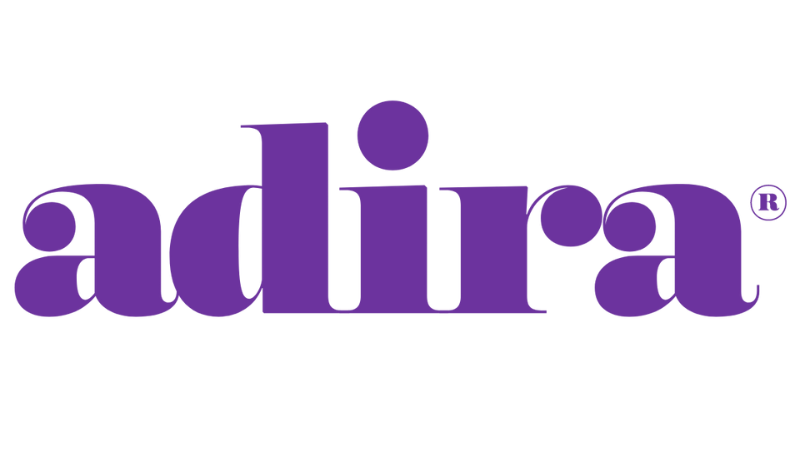There is a strong connection between Polycystic Ovary Syndrome (PCOS) and insulin levels in women. You can read about the symptoms and treatment of PCOS here.
The body secretes insulin to regulate blood sugar levels. If your body can’t absorb the insulin produced, your blood sugar levels rise. This causes your body to release more insulin in an effort to manage blood sugar.
Elevated insulin levels can cause your ovaries to produce more testosterone, which may lead to symptoms like irregular periods or acne.
A higher than normal body mass index also causes Insulin resistance. This in turn makes it really hard to lose weight. This can make weight management more challenging—but with the right support, it’s absolutely manageable.
Refined carbohydrates which are starchy and foods with sugar make the problem worse by creating insulin resistance.
Also read: PCOS-Causes, Symptoms And Treatment
Foods To Avoid
Foods that help reduce inflammation may also be beneficial. They include:
- Tomatoes
- Spinach
- Almonds & walnuts
- Olive oil
- Strawberries
Refined carbohydrates such as white bread should be avoided as it contributes to insulin resistance. These are the foods which have high levels of refined carbohydrates and sugary foods.
- White bread
- Muffins and pastries
- Sugary desserts
- Anything made with white flour
- Pasta noodles which are high in carbohydrates and low in fibre. Limiting added sugars where possible can support better insulin control and overall well-being. When reading food labels, be sure to look for sugar’s various names. These include sucrose, high fructose corn syrup, and dextrose. Sugar is also found in the things you drink, such as soda and juice.
Try to reduce intake of foods like French fries, processed meats, and red meats, as they can contribute to inflammation.
Also read: Period Pains-Tips To Deal With It
Foods To Eat:
A large part of your diet should include high-fibre foods. High-fibre food slows digestion and reduces the impact of sugar on the blood. Hence is highly beneficial to women with PCOS
High-fibre foods can help combat insulin resistance by slowing down digestion and reducing the impact of sugar on the blood. This may be beneficial to women with PCOS. Great options for high-fibre foods include:
- High-fibre vegetables such as beans. Wholegrain. Brown rice, pulses, nuts, dry fruits.
- Fish and other lean proteins such as tofu
- Cauliflower and broccoli
- Greens
- Lentils
- Sweet potatoes
Also read: Menopause:Age, Symptoms & Treatment
Conclusion
A healthy diet is essential for managing PCOS. Making healthy food choices can help regulate insulin levels, reduce inflammation and promote weight loss, which can all help alleviate PCOS symptoms.
A diet high in fibre, protein and healthy fats and low in processed foods and refined sugars can also help improve overall health and reduce the risk of other chronic conditions.
If you have PCOS, consult a healthcare professional or registered dietitian to develop a personalized diet plan that meets your nutritional needs and supports your health goals.
By adopting a healthy diet, you can take control of your PCOS and improve your quality of life.
A balanced, nutritious diet can help women with PCOS manage symptoms and feel better overall.
Shop all Adira essentials including period panties for an extra 10% off using code "SETFREEPCOS"




















